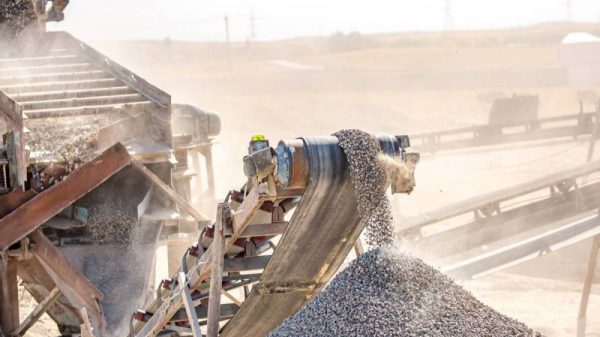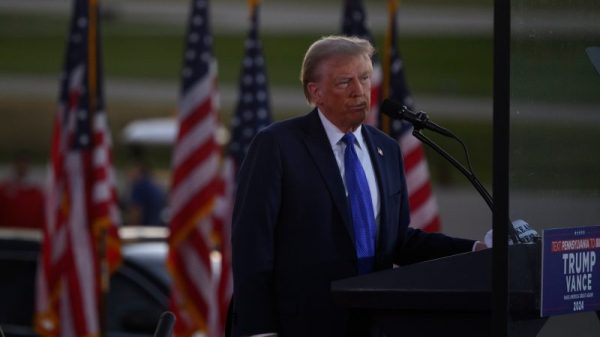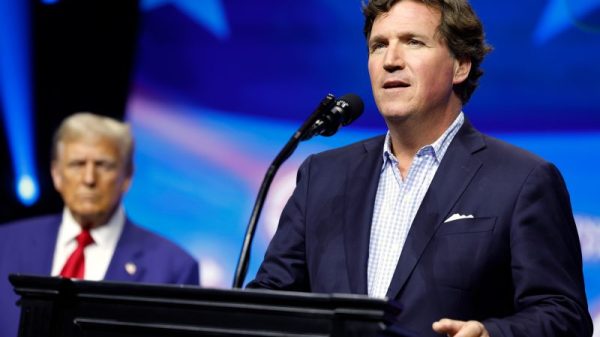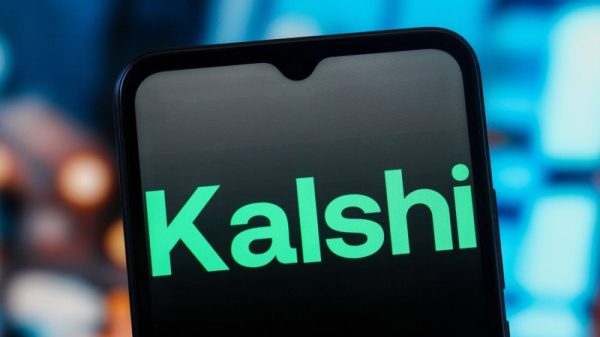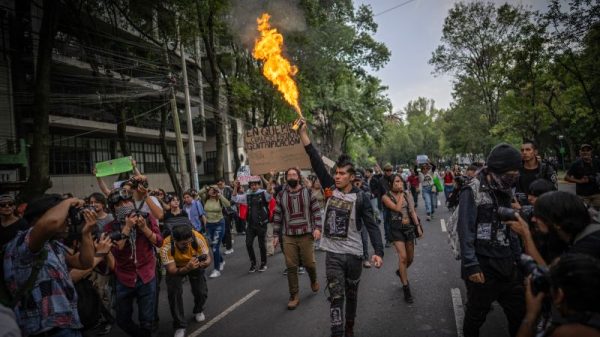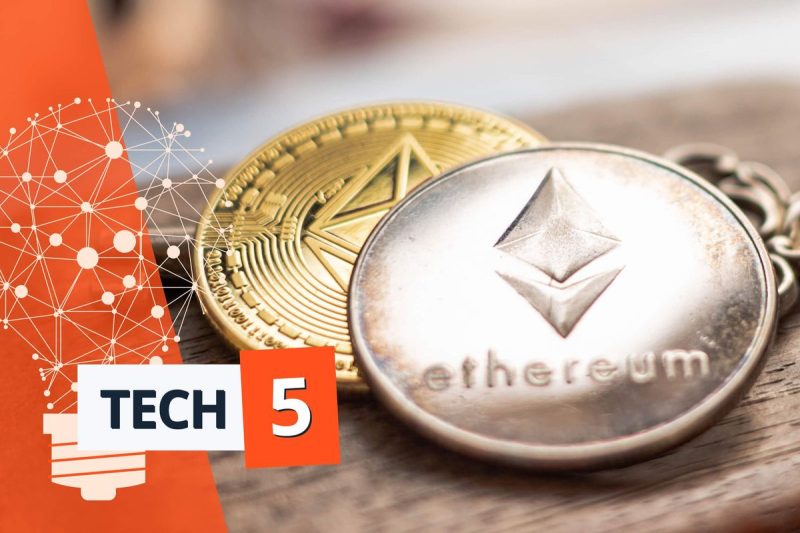After a dizzying Q1, Bitcoin spent the first week of Q2 below the US$70,000 mark as the halving inches closer.
Meanwhile, Bank of America Global Research released data that describes just how robust tech’s Q1 rally was, and a strong but fortuitously contained earthquake on Taiwan’s east coast emphasized the impact of even a small disruption to the world’s central semiconductor manufacturing operations.
1. Tech stocks see third largest quarterly inflows
Recent reports show that technology stocks have experienced the third-largest quarterly inflows on record, with a staggering $18.6 billion in inflows during the first quarter of the year, as revealed by data gathered by Bank of America (BoA) Global Research. Additionally, tech stocks continued to attract investments in the past week, alongside substantial flows into cash and bonds, indicating a growing interest in these sectors among investors.
According to reports, BoA has recorded a US$1.1 billion inflow to tech stocks this week to Wednesday (April 3), a positive indicator of continued investor confidence in the tech sector, which drove the S&P 500 and NASDAQ indices to new heights in Q1. The S&P 500 reached 5000 for the first time ever in February, driven by a rally in tech stocks; and the tech-heavy NASDAQ reached a new milestone later that same month, closing at 16,091.92 on February 29.
2. Bitcoin price retreats
Bitcoin saw a significant surge in value towards the end of 2023, driven by optimism surrounding the possibility of a Bitcoin spot exchange-traded fund (ETF) approval. Since the approval of spot Bitcoin ETFs on January 10, these funds have attracted significant investment, approximately US$12.1 billion in total inflows by the end of March, with Blackrock’s iShares Bitcoin Trust (NASDAQ:IBIT) being the biggest winner having amassed inflows of around US$13.9 billion.
Following a remarkable 65 percent growth in the first quarter of 2024, Bitcoin’s value reached US$70,450 as March came to a close. Despite the strong performance, the cryptocurrency experienced a pullback in early Q2, with prices dropping by 8.25 percent and fluctuating between US$65,000 and US$66,000 midweek. However, a rebound occurred on Thursday (April 4), pushing the price just shy of US$70,000. As of writing, Bitcoin is currently trading at US$67,588 according to data gathered from CoinGecko.
3. Taiwan struck by 7.4 magnitude earthquake
On Wednesday, Taiwan’s east coast was struck by a 7.4 magnitude earthquake, followed by multiple aftershocks. The earthquake, the island nation’s largest in 25 years, caused the collapse of several buildings and threatened more damage to infrastructure due to landslides. It also led to the loss of 10 lives and left hundreds injured or displaced.
Fortunately, Taiwan was uniquely prepared following the 7.7 magnitude “Chi-Chi” earthquake of 1999, and managed to keep the extent of the destruction relatively low thanks to an early warning system and modern seismic building codes. Nevertheless, tremors felt across the island and even as far away as Hong Kong and Shanghai forced businesses to evacuate, including Taiwan Semiconductor Manufacturing (TSMC) (NYSE:TSM), a keystone of Taiwan’s economy.
TSMC produces around 90 percent of the world’s advanced semiconductor chips, and the temporary closure of the company on Wednesday highlights its crucial role in driving various technologies worldwide, such as smartphones and AI applications. Its advanced manufacturing capabilities are indispensable in meeting the increasing demand for AI processors, as it is the primary contract chipmaker for major AI players like NVIDIA (NASDAQ:NVDA).
David Bader, professor and director of the Institute for Data Science at New Jersey Institute of Technology, called the risk of overconcentration in the global semiconductor supply chain an “existential threat.”
“The entire world now works on semiconductor devices powering everything that we do, whether we’re driving in our cars, whether we are talking on our cell phones, even our military defenses or weapons systems, airlines, everything uses chips,” he wrote on his website. “If production were to halt … this would be devastating.”
4. Tesla reveals plans for summer release of Robotaxi
Following Friday’s (April 5) news that Tesla (NASDAQ:TSLA) will not release a US$25,000 electric vehicle (EV), CEO Elon Musk took to X, formerly known as Twitter, to announce the upcoming unveiling of Tesla’s Robotaxi on August 8.
Tesla’s share price has dropped by 34 percent year-to-date and sales have slowed, mainly due to increasing competition within the EV market as well as declining demand. One of the notable players in this market is BYD, a Chinese multinational company that overtook Tesla as the world’s top seller of EVs in the last quarter of 2023. One of BYD’s models, the BYD Dolphin Mini, has a starting price of 99,800 yuan. While BYD is not currently available in the US, its expansion into the European market suggests that the company may be interested in entering the US market in the future. In the US, safety concerns associated with Tesla’s vehicles have negatively impacted its sales.
Reuters broke the news of Tesla’s plan to scrap the development of a cheaper vehicle, which may have resulted in shares falling as much as 6.2 percent Musk responded to the report, which cites anonymous sources, via X by simply posting “Reuters is lying (again)” with no specific inaccuracies called out. After news broke of the August 8 robotaxi launch, shares recovered slightly from their earlier fall, jumping 3.2 percent in after-hours trading.
5. Trade and Technology Council agrees to three more years of cooperation
The US and the European Union (EU) wrapped up a two-day session of their Trade and Technology Council (TTC) in Belgium on Friday. In a 12-page joint statement highlighting the meeting’s outcomes, both sides agreed to extend their cooperation in identifying disruptions in the semiconductor sector for another three years, specifically focusing on “legacy” chips from China.
Established in 2021, the TTC was formed as a medium for transatlantic cooperation between the US and members of the EU to deepen trade and economic relations and better coordinate approaches to global trade and tech issues.
While not as advanced as the latest semiconductors, legacy chips still have a wide range of uses in technology such as automobiles, aircraft, military systems and broadband due to their cost-effectiveness and compatibility with existing technology.
By sharing market intelligence and consulting on planned actions, the US and EU hope to mitigate the influence of China’s non-market policies and practices on the global supply chain. In particular, a report by the Office of the United States Trade Representative accused China of setting trade barriers, creating interference in foreign business and intellectual property theft.
Securities Disclosure: I, Meagen Seatter, hold no direct investment interest in any company mentioned in this article.





